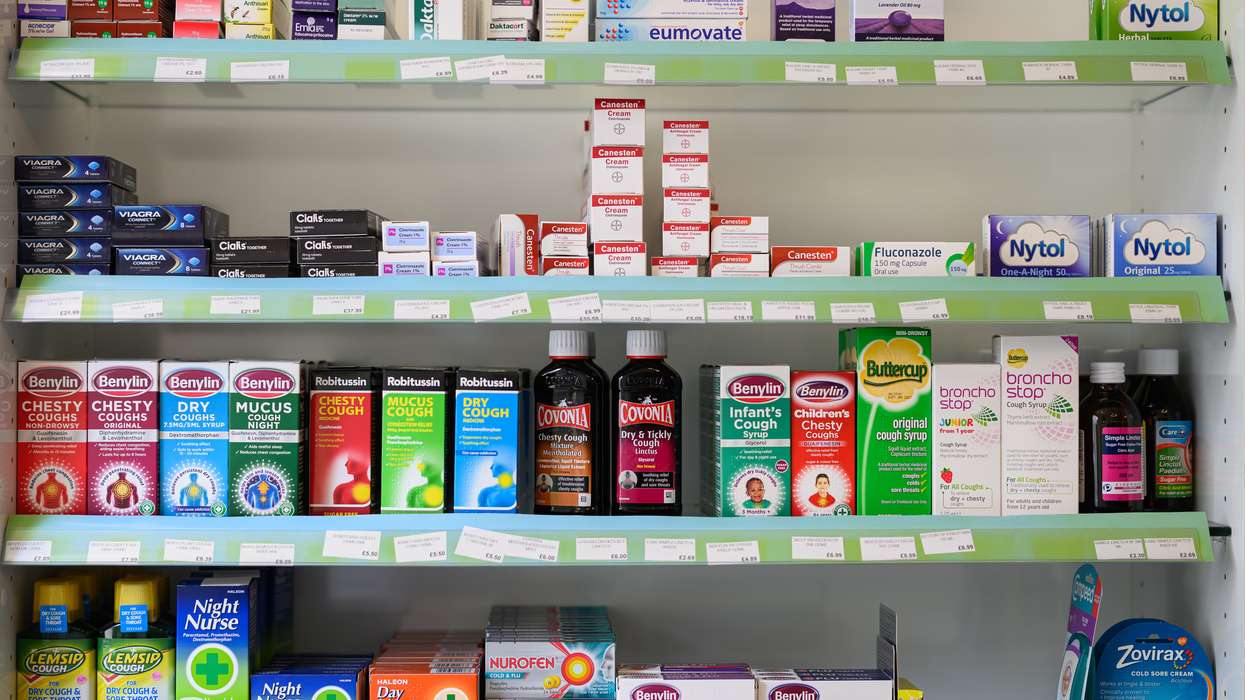It's time for pharmacists to get their technology forecasting hats on and be selective in choosing digital technologies, commented Prof James Woudhuysen, of London South Bank University, at the National Pharmacy Association (NPA) Conference, Pharmacy Odyssey, held on Thursday (13 October).
In a session on ‘Healthcare in tomorrow’s digital environment’, hosted by Fergus Walsh, Prof Woudhuysen opined that digitisation has its merit, but it's quite tricky, and slower than we imagine.
“Mechanisation has a digital component that we can look to as a way out of the gloom of the moment. And in dispensing, labelling, prescribing, and many other features of the conventional retail pharmacist, there's a lot that could be done for productivity and automation,” he said.
Replying to a question on ‘where are we at the digital front now and where can it go', Woudhuysen replied: “It's taken 20 years for the electronic prescription. It was Tony Blair, who wanted every prescription electronic. The mishaps on repeat prescriptions and all the rest of it are still quite intense. So, we need to remember that electronics is only as clever as software and then human input into it. There’re still many mistakes.
“So when I hear about medicines being delivered by drone, I say, that would be a 20-year prospect. If the regulators and popular opinion would allow it.”
He added: “The rule with IT is that it's ‘not seamless’, there's a lot of loose ends, there's a lot of spaghetti. I'm not saying we shouldn't digitise, we should.
“But as is the case with the services that pharmacists are now being asked to add, one must be very selective whether you're choosing an online system and app, which services to offer, very importantly, which services not to offer. So I think it's time for pharmacists to get their technology forecasting hats on, not believe the hype, but look for where it can make a genuine difference.”
Woudhuysen also shared his views on the genomics revolution. He said: “We're just beginning to see with pharmacogenomics, some progress, and at the same time that we also know that there's a lot of silly business done with DNA testing and people being, very nervous about what they found out about their all their congenital defects and so on. So there's a lot of moral and regulatory ground to be fixed, and there's still a lot to be done with the help of IT in personalising medicine.”
“AI techniques are improving machine learning. It is allowing us to learn things that human beings by themselves couldn't learn or not learn so fast. That's good news,” he commented on AI revolution.
He added: “if you look at other developments, you've got also some drugs that are being used for Type II diabetes like they're helpful in relation to dementia, such things have been talked about for 20 years, and a lot has been said about dementia as well. We're just on the cusp of something new. It's still gonna take a number of years for all of these developments, to move ahead.”
Woudhuysen believes that with labor shortages, medicine shortages, inflation, staff burnout, assaults and threats, pharmacists have got enough on their plate, and the issue of carbon footprint must be left to the energy industry to fix itself.
On Walsh’s question on the future of the high streets, Woudhuysen commented they are not going survive in the present form.
“It's the job of pharmacists to kind of lead it, because if they're waiting around for a decrease in business rates, or, the government to make some friendly stipend, there'll be waiting a long time, unless they take action, the future is going to happen to them, rather than they make it happen,” he said.











